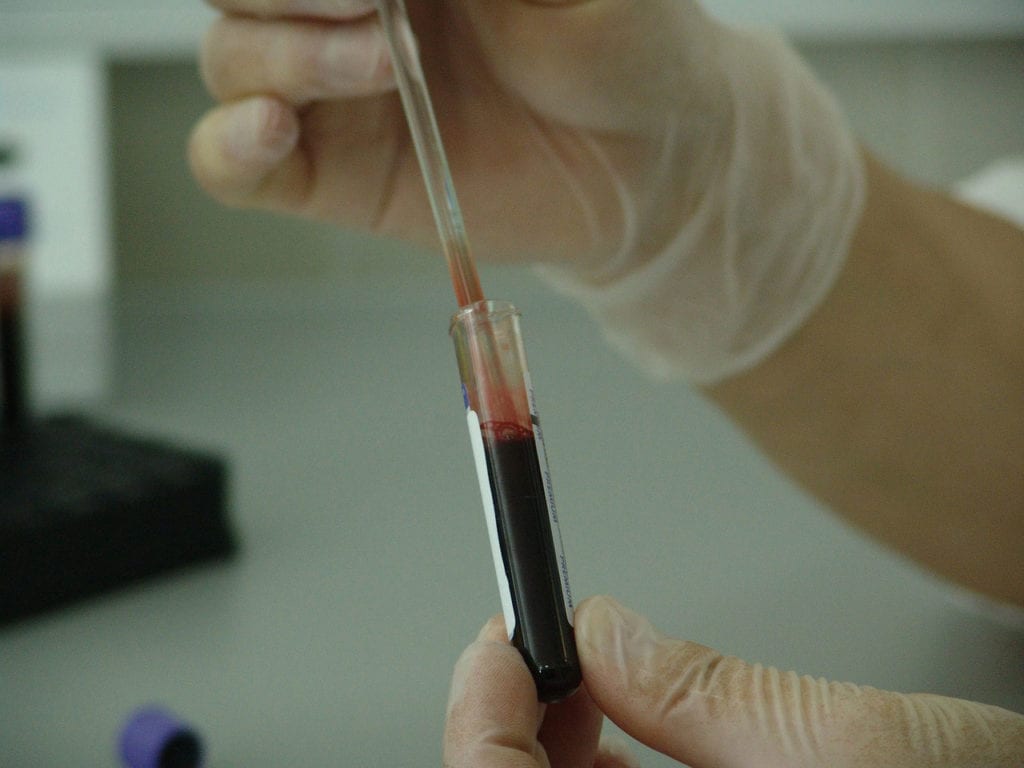According to a story from globenewswire.com, the biopharmaceutical company Mustang Bio, Inc. has recently announced that the US Food and Drug Administration (FDA) has recently awarded the company Orphan Drug designation for its experimental product candidate MB-102. The designation is for treating the rare blood cancer acute myeloid leukemia. MB-102 has previously earned the same designation for treating a related disease called blastic plasmacytoid dendritic cell neoplasm (BPDCN). Mustang Bio is focused on the development of gene and cell therapies for rare genetic diseases, solid tumors, and blood cancers.
About Acute Myeloid Leukemia (AML)
Acute myeloid leukemia, also known as acute myelogenous leukemia, is a type of blood cancer which affects myeloblasts, stem cells that would normally develop into myeloid white blood cells. There are a number of risk factors for this cancer, including other blood disorders such as myelodysplastic syndrome, family history, certain genetic variants, chemical exposure (including chemotherapy agents), and radiation. Symptoms include an increased risk of infection, easy bruising and bleeding, fatigue, shortness of breath, fever, weight and appetite loss, anemia, and bone/joint pain. Treatment for this cancer is most often chemotherapy or stem cell transplant; there are very limited options for patients with relapsed disease. The five year survival rate for acute myeloid leukemia is only 27 percent in the US. There is a clear need for more effective treatments for this cancer. To learn more about acute myeloid leukemia, click here.
About Orphan Drug Designation
Orphan Drug designation is typically reserved for drugs that are in development for the treatment of diseases and conditions that are considered rare, which is defined as any disease that affects less than 200,000 people in the US. To qualify, the experimental therapy must display advantages in safety and/or effectiveness over currently available drugs or it must fulfill a medical need that is not being met. The designation confers several benefits to the recipient company, such as tax breaks, the waiving of certain fees, and a seven year long period of market exclusivity if the drug is approved for public use.





